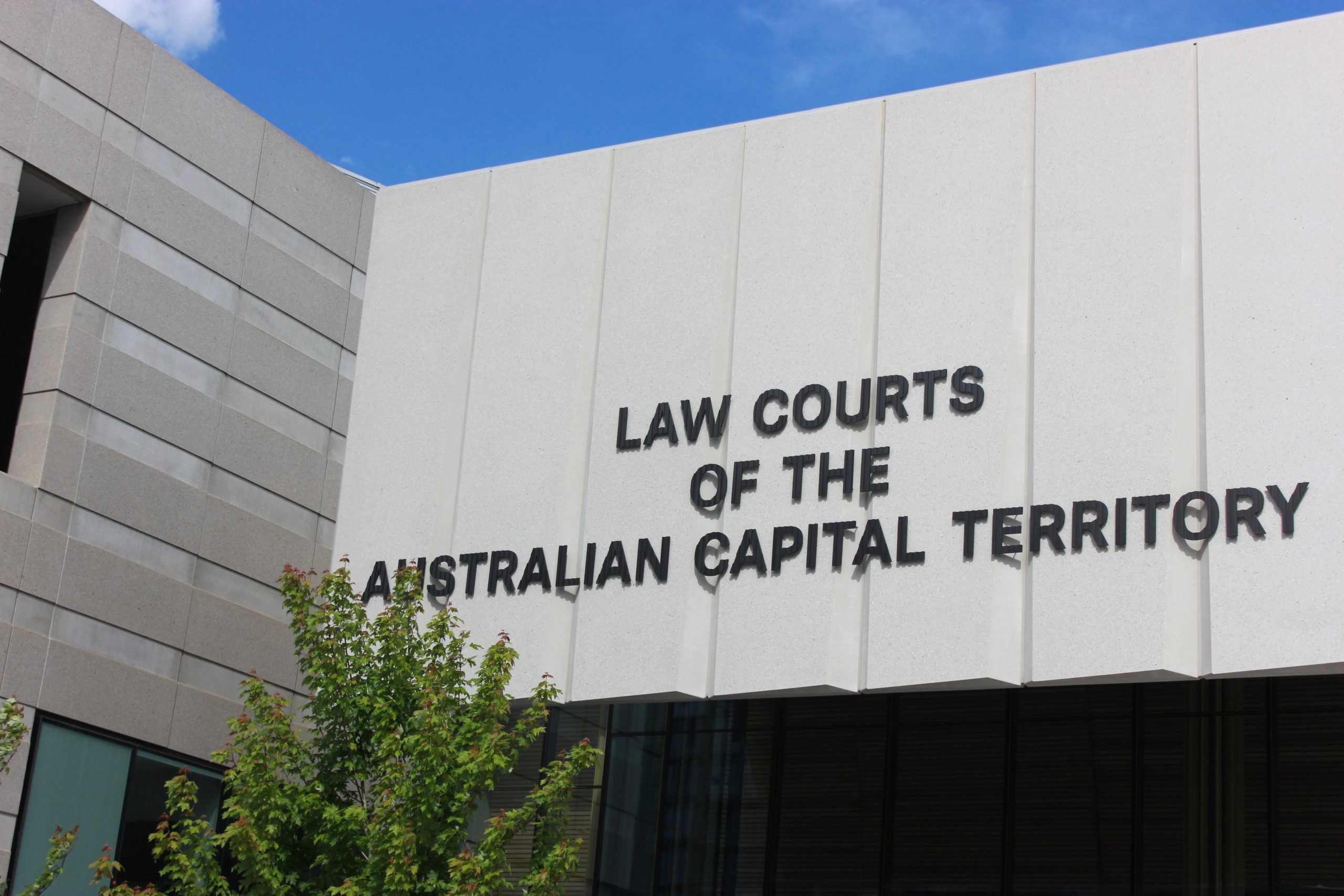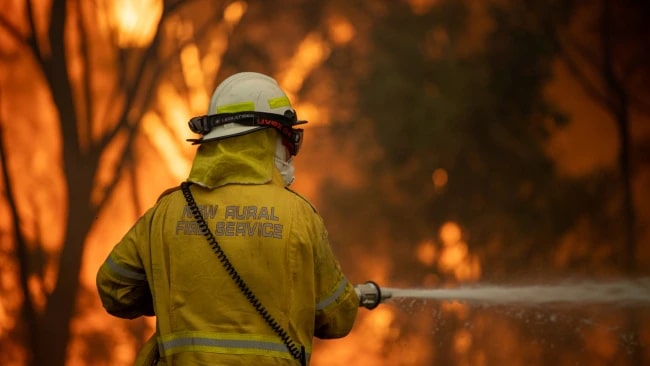
By Tess Ikonomou in Canberra
THE ACT government is considering how to reform the way sexual crimes are dealt with by the criminal justice system, amid calls for a specialist court.
Marisa Paterson, a member of the territory’s Legislative Assembly, and sexual violence responders on Monday urged the territory’s Chief Minister Andrew Barr to introduce a court that would deal solely with sexual offences.
It comes in response to a report on sexual assault prevention, and the inquiry into the handling of high-profile allegations made by former federal Liberal staffer Brittany Higgins that she was raped in Parliament House.
Attorney-General Shane Rattenbury said the government was considering options for reform, but a decision was yet to be made.
“We’re still consulting with relevant stakeholders on the best way to go forward in the ACT,” he said.
Mr Rattenbury said ACT court representatives had questioned whether a dedicated court was the right approach given the size of the jurisdiction.
The feedback also included whether further training for judges would be more beneficial.
“We are interested in finding ways to improve the process further for victim-survivors,” he said.
Dr Paterson said the status quo was not sufficient, with research finding sexual offences were under-reported, under-prosecuted and had low conviction rates.
“I believe here in the ACT we have the opportunity to be nation-leading in how our justice system addresses sexual offences,” she said.
“There is increasing international evidence highlighting the benefits of a specialist, trauma-informed court in progressing justice.”
The latest statistics show there were more than 500 reports of sexual offences to police in the ACT in 2021/22.
Of the cases that did progress to court, only seven per cent resulted in a conviction.
Dr Paterson said the data was exacerbating community concern the system was failing victims.
The Canberra Rape Crisis Centre, Domestic Violence Crisis Service and Aboriginal and Torres Strait Islander Elected Body are among the community organisations that have backed the call in an open letter.
“Victim-survivors of these crimes often report that they experience significant challenges in reporting sexual offences to the police and are often re-victimised through court processes,” the groups said.
A pilot of a specialist court in New Zealand in 2016 was found to have progressed cases quicker, with judges intervening more often to prevent “unacceptable questioning”.
Who can be trusted?
In a world of spin and confusion, there’s never been a more important time to support independent journalism in Canberra.
If you trust our work online and want to enforce the power of independent voices, I invite you to make a small contribution.
Every dollar of support is invested back into our journalism to help keep citynews.com.au strong and free.
Thank you,
Ian Meikle, editor




Leave a Reply